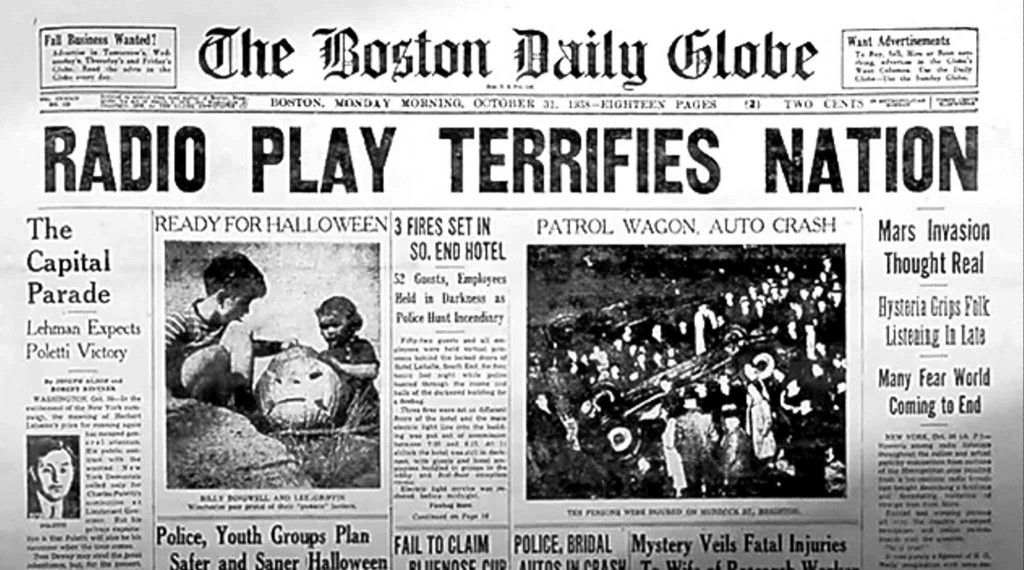F FOR FAKE
My first thoughts on the film were how self-reflexive it is. I loved watching the footage through the Moviola and the numerous times you see Welles step out of frame to reveal the lights and the crew. It was a constant reminder that what you’re seeing is not real. And then when Welles began to talk about his own life, I remembered something that added a whole new layer to the movie for me.
About a year or two ago I heard a story about Orson Welles on NPR. His daughter wrote a biography on him called, In My Father’s Shadow: A Daughter Remembers Orson Welles. The most striking thing about the story was the same subject as the film. Chris, Welles’ daughter, said her father always lied about his own personal story. He told it differently every time. She had heard so many versions of his narrative she didn’t even know what the truth was. As soon as I remembered this, it changed the whole film for me.
The story now hit me on a whole other level. I knew Welles did The War of the Worlds as a radio broadcast and people thought it was real. It was one of my favorite books as a kid and I had always known the story of the country’s reaction, but before the NPR story, I never realized Welles himself enjoyed lying on a regular basis about his own life. Could he also see himself as a fraud as a filmmaker even though he is one of the most celebrated filmmakers of all time? Or does he see the art form of film as just the next level of trickery – not much different from an art forger?
Another thing that occurred to me during the film is that there is a definite line between craft and vision. The forgers all had impeccable craft, but artistic vision is the talent one must have to be an original artist. And most of all, at the end of the day who decides if something is a masterpiece? I feel that Welles spent his life testing people. Trying to see if they could ever see the truth. I know when you direct a great actor he or she tests you to see if your direction is worth taking. Maybe Orson Welles spent his life and this film testing everyone to see if they could call him out, to see if their opinions were worth something to him, to see if fraud could be true art in and of itself.

